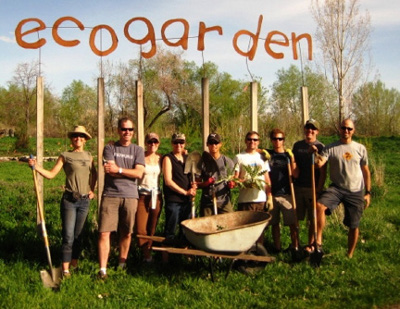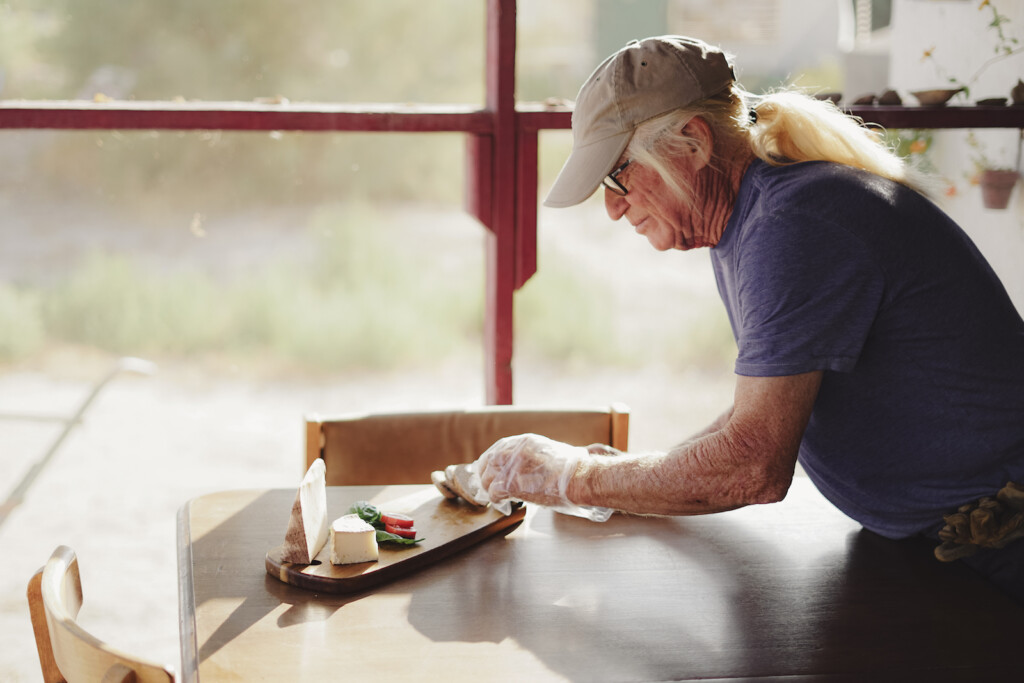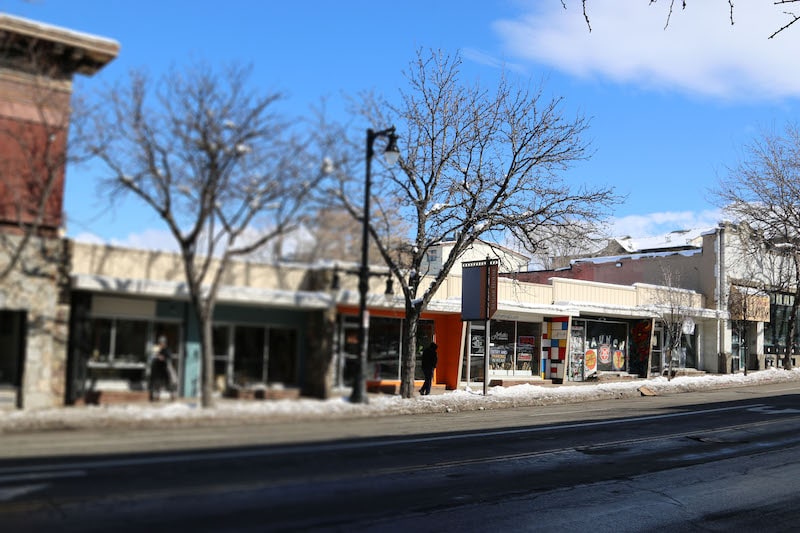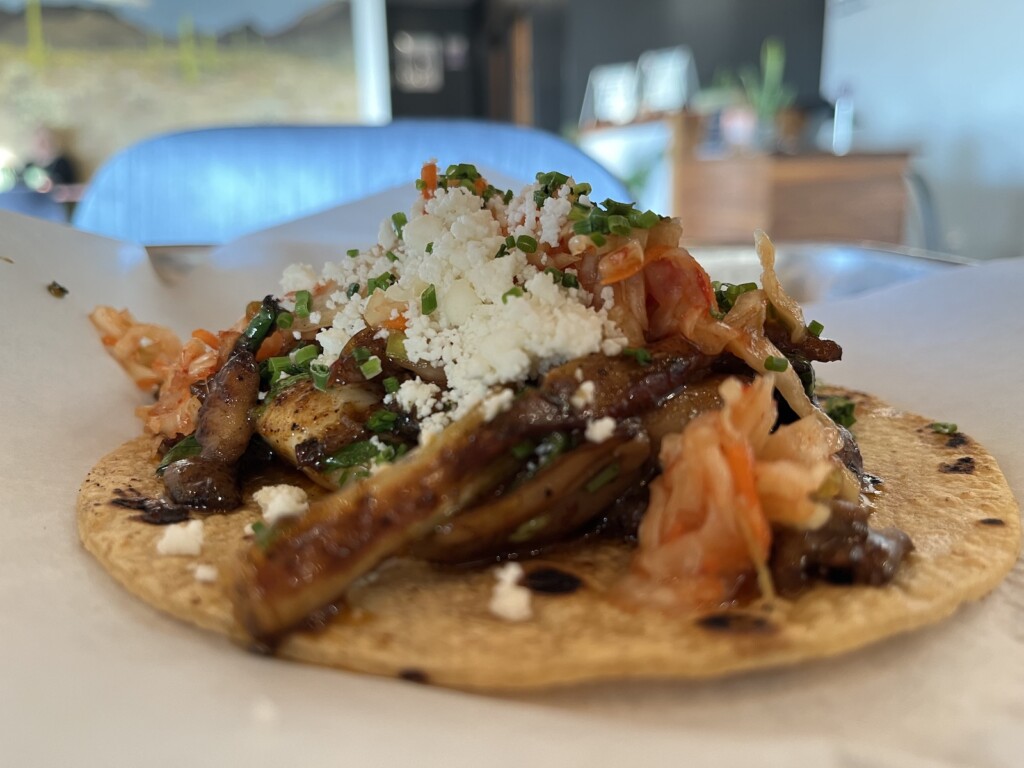No space, no experience? No matter, you can grow your own vegetables
by Paige Wiren
When you turn the gate latch to enter ‘The Grateful Tomato Garden’, the whine of the wrought iron metal sends the sparrows flying. A solitary gardener refills her watering can from the artesian well at the center of the garden. Pinwheels turn, butterflies dance, and a cockeyed scarecrow’s hair blows in the breeze. It’s all very quiet and bucolic on a Sunday at the Wasatch Community Garden located at 600 East and 800 South.
Quiet, that is, until you begin talking to one of the community gardeners, their animated conversation enlivening the otherwise lazy calm of the morning. The opening question of conversation- “Why do you choose to grow food in a community garden?”- elicits a quizzical pause from the urban agriculturalists. After recovering from the mild confusion upon being asked to articulate such a self-evident answer, the community gardeners I spoke with enthusiastically shared with Utah Stories the reasons why they work their plots.

Tyler: “Gardening is a good, healthy hobby. I meet tons of cool people through community gardening. Community gardening makes sense on every level: spiritually, politically, economically, socially, in terms of your health. I do it also because it allows me not to have to rely on the big system, and the difference in the taste of home grown vegetables compared to grocery store produce is amazing.”
Community gardening is not just about the reward of the harvest. Gardeners reap holistic rewards through the process and from the environment in which the process unfolds.
Jack: “I like gardening. It’s good for my mental health. Plus, I like peppers. I like tomatoes. I’m growing Walla-Walla onions. I’m growing potatoes and parsnips. My grandmother taught me to like parsnips. I grow quite a bit of food, and I give a lot of food away. I like to work in the garden, and things just taste better when you grow your own.” No one I talked to had executed a formal cost analysis to determine whether or not the dollar value of their harvest yield was greater than the time and labor they expended in producing the food.
Rod: “I’m just an old farm boy from Indiana. I grew up with a garden. It’s a little work to keep it going, but it’s not like it’s hard work. Besides, everything tastes better.”
Community gardening makes an otherwise solitary endeavor an opportunity for meaningful socialization through sharing of techniques, tips, products and supplies.
Julie: “You meet lots of people who you already have something in common with. Everyone can talk about gardening. Unlike religion and politics, people can discuss gardening without having to worry about being at odds. I take advantage of the Wasatch Gardens workshop opportunities. Gardening is a huge learning experience. And, the food is tastier.”
Besides sharing a common hobby, being part of garden community entails participating in public dialogue and decision making.
Susan: “Everybody has idiosyncrasies. If you choose to listen, you can learn a lot from people.I love to cook, and I love to grow food that I can’t get in the store, like fava beans. I harvested about eight grocery bags full of fava beans last year. You just can’t buy food from the grocery store that tastes as good as what you can grow.”
Reasons to participate in a community garden range from the utilitarian need for space, the desire to belong to a larger, like-minded group, the opportunity to learn more about a practical hobby, the appreciation for self-sufficiency and the recognition of creating healthy balance in one’s diet and activities, but the universal element that motivates these Utah gardeners to work the soil is their hunger for high quality, good tasting food.
Community gardening opportunities are available through Wasatch Community Gardens, the City of Holladay, the Rose Park Community Garden and at Tree Utah’s Eco Garden at the Day-Riverside Library branch.
Learn More:
If you liked this article, you might also like our articles on how to super size your tomatoes, the utah food co-op, and voluntary simplicity.





